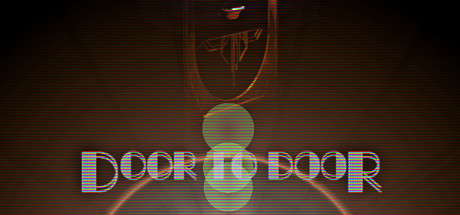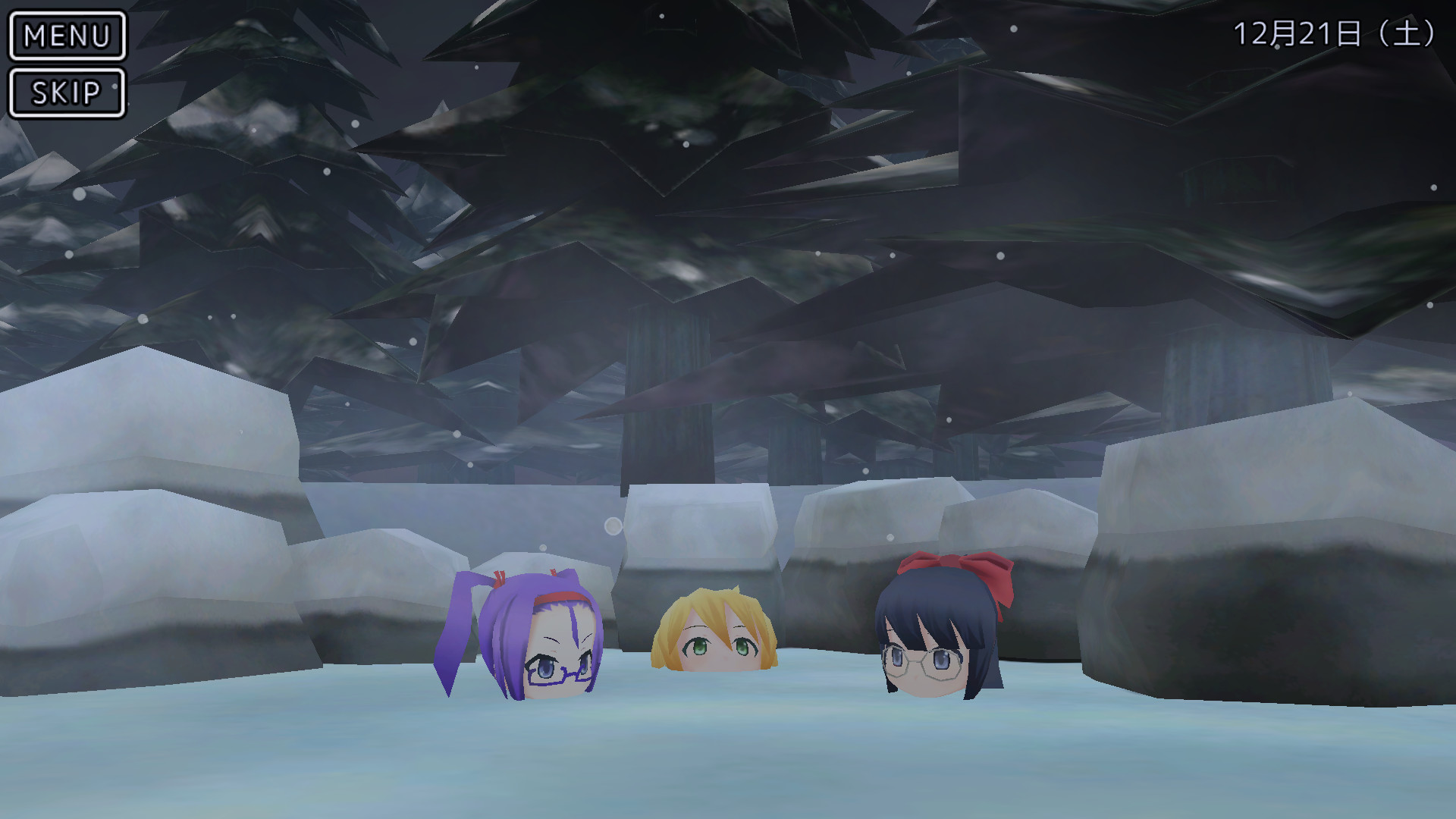Why does this keep happening? Why do developers who have normally pretty positive communities go and add microtransactions to their games, making everybody angry? First it was Overkill with Payday 2, and now its Tripwire Interactive with their early access game Killing Floor 2.
In case you missed the news yesterday, Tripwire have introduced microtransactions to Killing Floor 2. Initially they're intending them to be only purely cosmetic. This might sound okay, but when it gives them way to introduce game-changing content like weapons thats a bit of a problem. Not only that, but the game is in early access adding microtransactions before your game is even done is a bit of a risky move to say the least.
In response to the community backlash to this update, John Gibson, President of Tripwire, spoke to Kotaku about what the company's reasons behind microtransactions are. Its a long interview, and surprisingly honest. His comments have also made me totally reconsider my stance on the issue.
When talking about the backlash to the update, Gibson makes a not-so-subtle reference to Overkill and Payday 2:
I think the gaming community is still stinging from the recent situation with another game and how they handled microtransactions that left a bad taste in a lot of people's mouths toward in-game economies and micro-transactions. So for some time I think every developer that introduces an in-game economy will face some backlash.
Gibson also points out that Killing Floor also had tons of cosmetic DLC that funded the development of free updates for years post-launch:
Back when we started releasing DLC characters for Killing Floor 1 there was a backlash, and people were saying the same type of things we're hearing about the Trading Floor - "Tripwire are being greedy," "It's a big cash grab," etc. But over time as players saw they kept getting years of free content and updates, they realized that the sales from DLC were keeping the updates coming, and they became ok with it.
A criticism I and many others had when microtransactions were announced was that it took away resources raised by early access purchases that couldve been put to better use on playable content and getting the game finished and released. Gibson also had an answer for that:
First let me say that about 90-95% of the items we're shipping with the Trading Floor [the in-game name of the microtransaction system] were made by the community. Second, the developers working on the Trading Floor backend are not the same developers that make maps, weapons, monsters, gameplay, etc. So to put it another way, the Trading Floor in no way delayed or impacted when new gameplay content would ship.
I've been very critical of Overkill for the way theyve handled the Payday 2 controversy. I think theyve repeatedly lied, and I think theyre being willfully ignorant of the problems people are raising When the news that Killing Floor 2 was going down the same route broke, I was convinced I would also be criticising Tripwire for much of the same things.
But you know what? Im actually pretty happy with Gibsons statements.
Adding microtransactions to any paid game bothers me, especially one in early access. But Tripwire have now explained where those funds will be going free, playable content and a lengthy post-launch support, which theyve proven they can handle with the almost six years of support Killing Floor enjoyed. Theyve also explained how the update came around and reassured us that it didnt take time away from the development of playable content.
There is still plenty of room for Tripwire to screw this up and introduce pay-to-win aspects, so theyre not entirely off the hook. But as far as Im concerned personally (and you may feel differently), as long as they keep the system purely cosmetic, Tripwire have convinced me that maybe this update will be beneficial in the long term.
Good job, Tripwire.
Or it could just be downtime issues.














